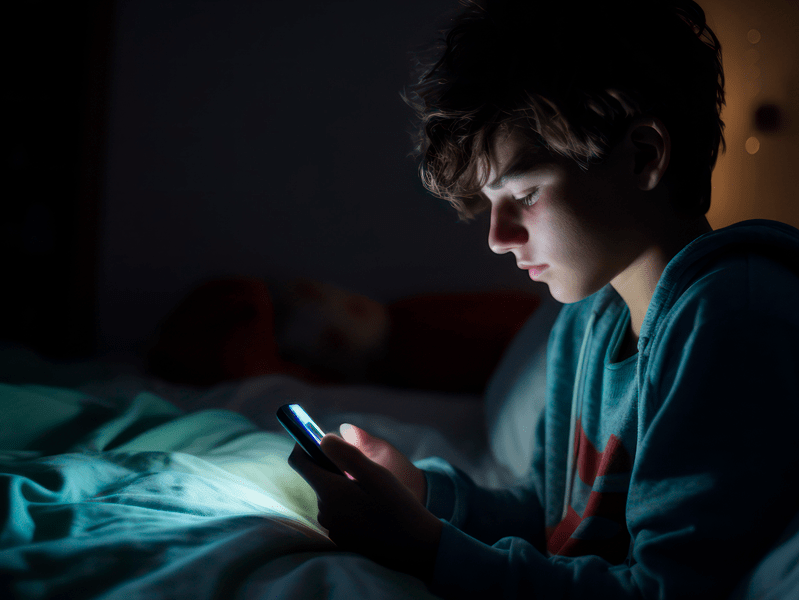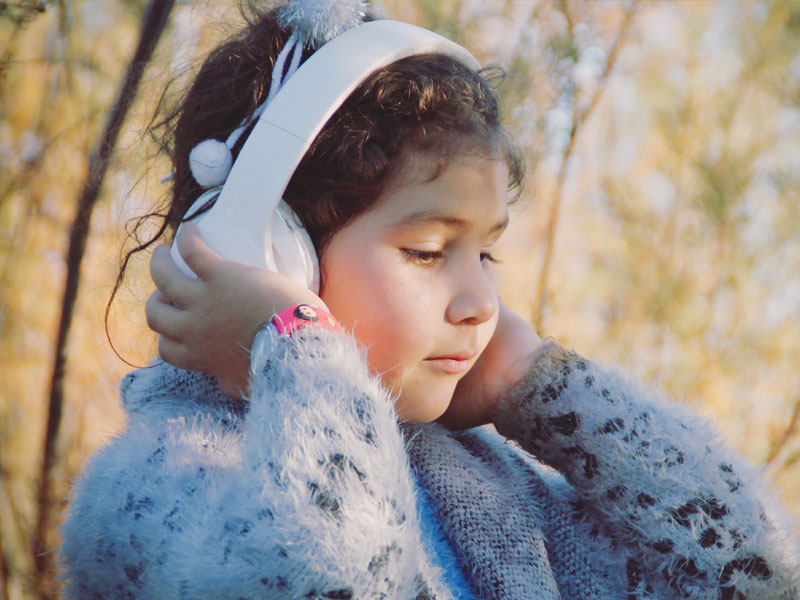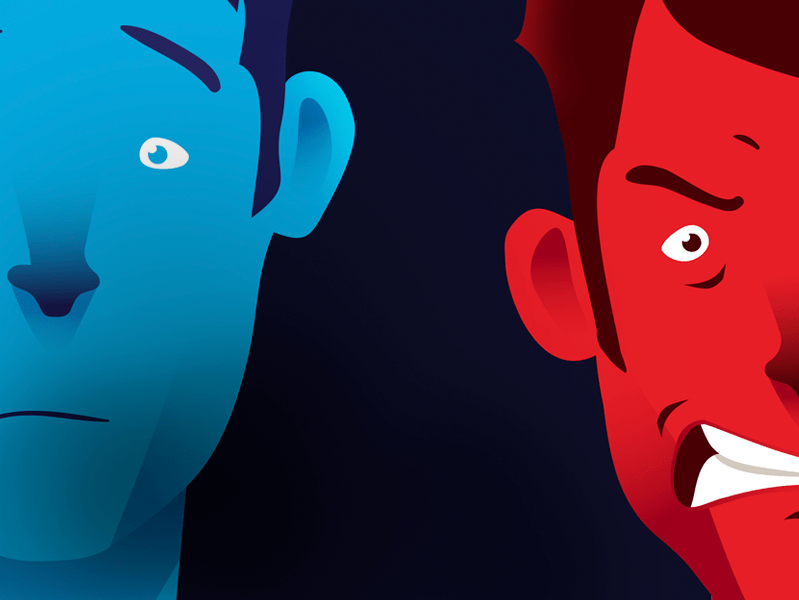Last Updated on 21st October 2024
Reading Time: 3.4 mins
Bullying is not a normal part of childhood and should never happen in any form. Unfortunately, this is a common struggle for children and young people today, and advancing technology only increases the risk. The long-term impact of cyberbullying on a young person’s physical and mental wellbeing can be profound. Cyberbullying, as with all bullying, can contribute to mental health disorders, substance misuse, and, in extreme cases, suicidal ideation.
In this blog, we offer key advice to reduce bullying and mitigate its impact on children and young people. Every child has the right to live in a safe and healthy environment free from bullying, harassment and intimidation in all forms.
What is Cyberbullying?
The National Bullying Helpline defines Cyberbullying as bullying and harassment using technology. This includes trolling, mobbing, stalking, grooming, or any form of abuse online. Cyberbullying can be more difficult to escape than offline bullying, as this form of bullying does not stop at the school gates.
Unfortunately, cyberbullying is only getting worse. According to an ONS report, 19.1% of children have experienced an online bullying behaviour, with 64.7% them reporting that the bullying came from someone who went to their school. Since then, Ofcom’s 2024 “Media Use and Attitudes” report found that 3 in 10 of all 8-17s have experienced bullying via communication technology. There has also been an increase in the proportion of all 8-17s who have experienced bullying via social media platforms.
Now more than ever, children and young people view online interactions as equal to in-person interactions. This can only increase the harmful effects of cyberbullying.
What You Need to Know
What to do if a Child or Young Person in Your Care is Being Bullied Online
Children and young people in your care may not use the word bullying to describe what is happening to them, so it’s important to listen if they mention things which are upsetting them or worrying them online. You can use the following advice if a child or young person describes an experience which sounds like, or is, online bullying:
Further Support
Make sure to teach children and young people how to block and report users. You can find instructions on how to do this for all major social media platforms at Our Safety Centre.
Join our Safeguarding Hub Newsletter Network
Members of our network receive weekly updates on the trends, risks and threats to children and young people online.








